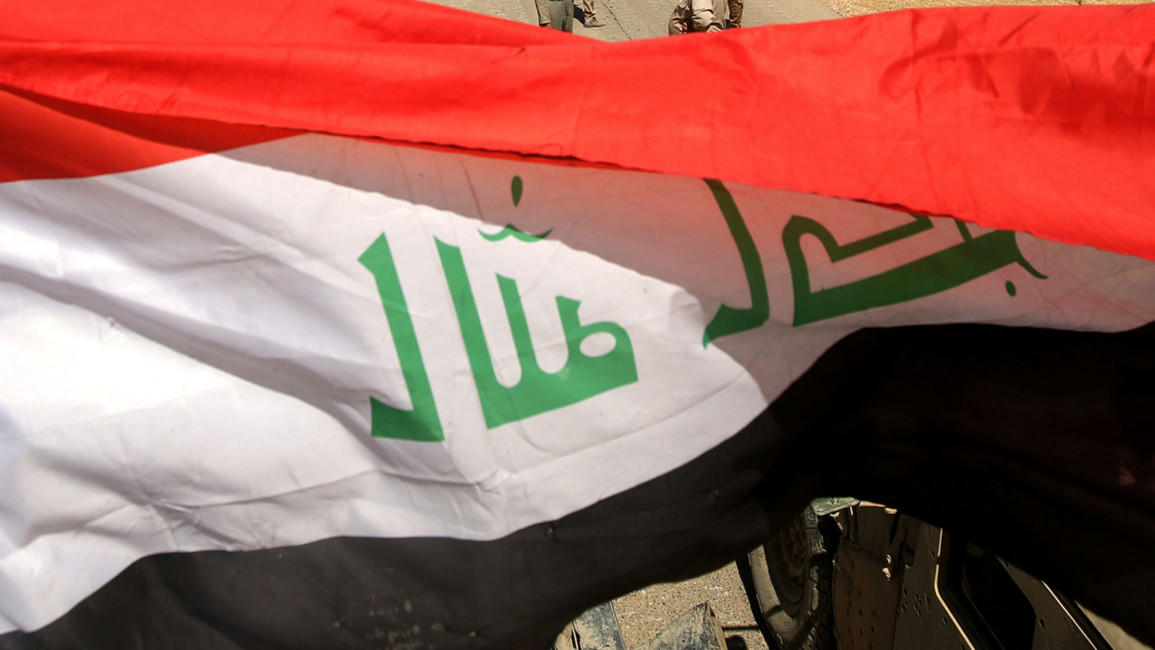US to grant vital Iran sanctions waiver, Iraqi officials say
The decision comes amid strained US-Iraqi relations after Washington directed an air strike in Baghdad last month that killed a top Iranian general and a senior Iraqi militia leader.
A previous waiver, granted in October, is set to expire on February 13. The three officials said the US State Department, which issues such waivers, has conveyed its readiness to extend the waiver for another three months - if Iraq is able to formulate a timeline by the end of the week, detailing a plan to wean itself off Iranian gas dependence.
"The American side has announced to us their readiness," said one of the officials.
The officials interviewed are all senior members of Iraq's government, including one who is close to the negotiations with the Americans. They spoke on condition of anonymity because they were not authorised to speak publicly about the matter before it becomes official.
There was no immediate comment from US officials.
The Iraqi officials said the new waiver would be a test of Baghdad-Washington ties after tensions soared following a January 3 that killed Qasem Soleimani, commander of the Iranian Revolutionary Guards' foreign operations arm, and senior Iraqi militia leader Abu Mahdi al-Muhandis. Since then, Iraqi Shia political leaders have pushed to expel US troops from the country.
|
|
Washington has responded to Iraq's requests to initiate troop withdrawals with blunt refusal, even threatening primary sanctions that could cripple Iraq's economy. Tensions have cooled in recent weeks, with both sides stepping back from saber-rattling rhetoric.
Iraq remains highly dependent on Iranian natural gas to meet electricity demands, especially during the scorching summer months when imports account for a third of consumption.
Late payments by Baghdad for Iranian power and gas have resulted in interruptions in recent years. In the summer of 2018, that was one factor that lead to protests in the southern province of Basra.
The US waiver enables Iraq to avoid penalties while paying Iran billions of dollars for energy imports.
It has been granted successively since November 2018, when the Trump administration re-imposed sanctions on Iran following its withdrawal from the landmark 2015 nuclear deal.
Washington has used the threat of sanctions as leverage to push the Iraqi government to build up domestic power supplies and reduce dependence on Iran.
Iraq currently flares vast quantities of gas because it lacks the infrastructure to capture it. It also has two gas fields in Anbar and Diyala provinces but development of those suffered major setbacks after the Islamic State group overran the areas in the summer of 2014.
The threat of sanctions had presented Iraqi officials with a difficult choice: end a vital source of electricity or be denied access to US currency.
Iraq has billions of dollars in oil revenue at the Federal Reserve Bank in New York. Oil accounts for 90 percent of Iraq's state revenue.
The Iraqi Cabinet moved toward placating Washington's conditions to renew the sanctions waiver in late January, by approving six contracts that would boost domestic gas supply in over two years.
"We expect to sign soon," said an industry official from one of the three companies awarded the contracts. The official spoke on condition of anonymity in order not to compromise ongoing talks with the government.
Follow us on Facebook, Twitter and Instagram to stay connected



